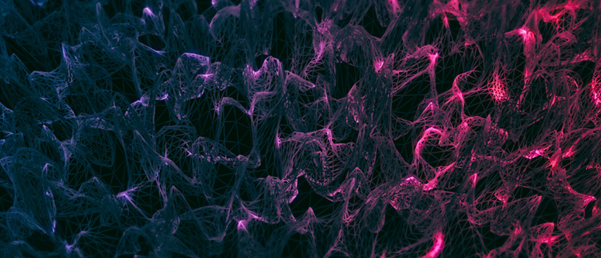
BioTechniques News
Aisha Al-Janabi

A new study has found that some patients with motor neuron disease and dementia share genetic mutations.
A collaboration of researchers across institutions in Australia has discovered that the rare genetic defects implicated in some patients with the sporadic, non-inherited form of motor neuron disease (MND) and frontotemporal dementia (FTD) are shared with patients with other neurodegenerative diseases. This study, led by researchers at Macquarie University (Sydney, Australia), provides insight into common risk factors for neuron death while also furthering our understanding of both MND and FTD.
MND is caused by the death of the neurons that connect the central nervous system to the muscles. This progressive neuronal death affects an individual’s ability to move, breathe and swallow and is a fatal disease. FTD is associated with neuronal death in part of the brain, commonly affecting memory, behavior, personality and communication.
MND and FTD are both neurodegenerative diseases that most commonly affect individuals sporadically, with 90% of MND cases and 60–70% of FTD cases attributed to the non-heritable form of the disease. However, the gene defect that the current team of researchers found, short tandem repeat expansions, is thought to be the cause of over 20 neurodegenerative diseases.
 Researchers combine genetic techniques to identify height genes
Researchers combine genetic techniques to identify height genes
Researchers identify new height genes utilizing both CRISPR knockout gene screening and genome-wide association study data, identifying 145 genes that affect cartilage cell growth.
The team used ExpansionHunter, REviewer and polymerase chain reaction validation to determine the role of neurodegenerative disease-associated short tandem repeat expansions in MND and FTD. They used whole-genome sequencing data from patients with sporadic MND, patients with sporadic FTD and a group of matched controls.
“We found almost 18% of sporadic MND and FTD patients carried a DNA repeat expansion thought to be involved in other degenerative diseases,” commented first author Lyndal Henden (Macquarie University). “Finding this genetic connection between MND and FTD offers a fresh opportunity to uncover common risk factors for neuron death, and it will have implications for understanding both diseases.”
This study provides insight into the potential shared mechanisms underlying nerve death, suggesting pleiotropy of neurodegenerative disease genes. Further research is necessary to understand how short tandem repeat expansions lead to neuron death.
The post Genetic defects involved in neuron death appeared first on BioTechniques.
Full BioTechniques Article here
Powered by WPeMatico
